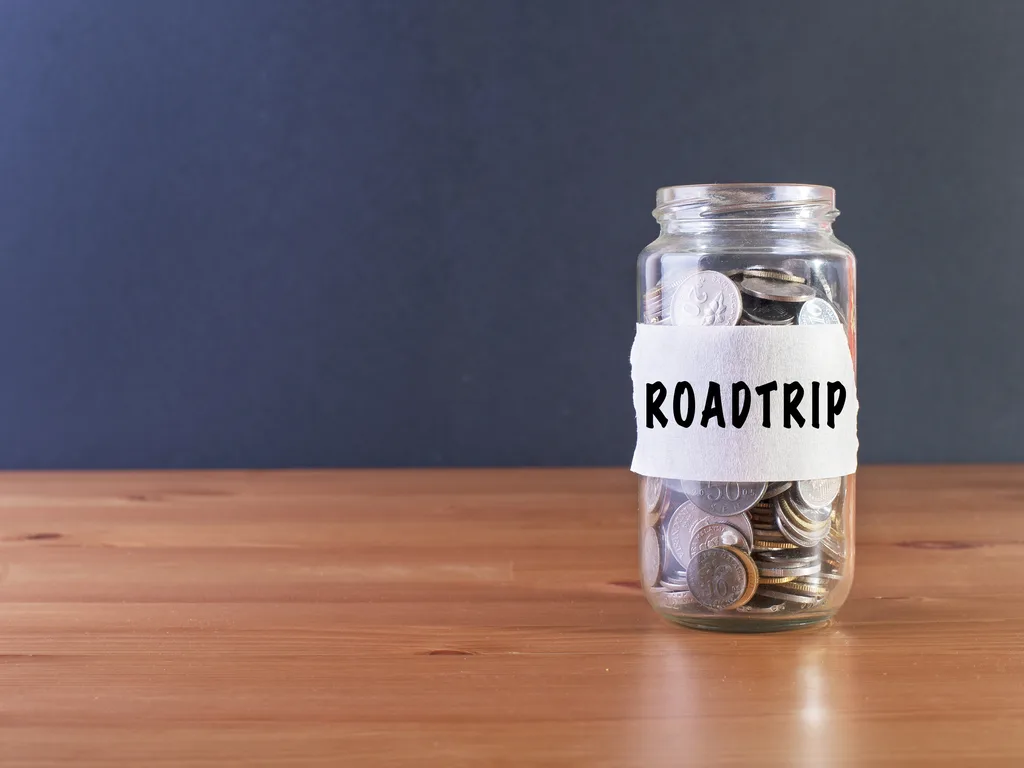
Potential first-time home buyers tend to be misinformed about the housing market and home value. Some think that buying a home is the same as getting a car loan.
But obtaining a home loan is very different from getting a car loan or renting an apartment. Purchasing a home can be a stressful financial endeavor, so it is important to be prepared.
Otherwise, anxiety will build up and you will be confused on top of that.
Fortunately, there are ways to prepare for this massive life change. As long as you prepare thoroughly, acquiring your home loan does not have to be a challenge.
Continue reading the sections below to take some steps in the right direction.
How to Save Money for the Down Payment
Before even speaking with mortgage loan lender, you want to start saving money on your down payment. Expect that your mortgage lender will ask for 10 percent down payment.
Start taking a closer look at your income and observe where you can begin to start cutting expenses. You will have to begin budgeting smarter for your down payment.
You may also have to hold off on your retirement saving in order to save for your down payment. However, once you have your home you can get back to saving for your senior days.
Government home loans, such as an FHA loan, will not require you to pay a down payment.
Examine whether you qualify for a government housing program to get better offers and ultimately pay less than you would with a regular mortgage lender.
How to Pay Off Debt and Avoid Debt
Although you do not have to have a zero balance on your credit cards to qualify, it is better to owe less to your lenders.
Debt can determine whether you can receive a mortgage loan and how much a lender is willing to give you.
If you are carrying too much debt, it is possible for a mortgage lender to refuse your request for a mortgage loan.
Your monthly debt payments, along with your mortgage payments, must not exceed 36 percent of your gross monthly income.
While you are going through the mortgage process, it is also important to avoid new debt. Mortgage lenders will check your credit again before closing.
If the lender finds new debt on your credit report, it is possible that the mortgage will not close.
Learn About Checking Your Credit Score
You can check your credit score within a few minutes as well as your credit report. It is crucial to examine your credit report, but it is just as important to view if you have had identity theft on your record.
A low credit score and credit fraud can prevent you from getting a mortgage loan.
Your credit must be at a minimum of 680 for a conventional loan and 620 for a government loan.
Aside from a low credit score, having missed payments, several late payments and any other neglect of your credit will result in the cancellation of your mortgage approval.
Remember to clean up your credit history by paying your bills on time and staying on top of your credit report.
How to Get a Pre Approved Home Loan
Getting your home loan pre-approved means that you have proven to your lender that you qualify for the specific loan that you applied for.
Another detail to note is that pre-approval is not pre-qualification. Pre-qualification is when you obtain an estimate of how much you can afford to spend on your home.
A pre-approval is more valuable because it means that you developed trust between you and your lender.
The information you will need in order to get pre-approved is proof of income, assets, employment verification, your credit score and other types of documentation.
This can include your Social Security Number to your signature.
When you are with the lender make sure to ask about your loan options and the maximum amount you can borrow.
These tidbits will give you an idea of your price range and what will be at your comfort level.







